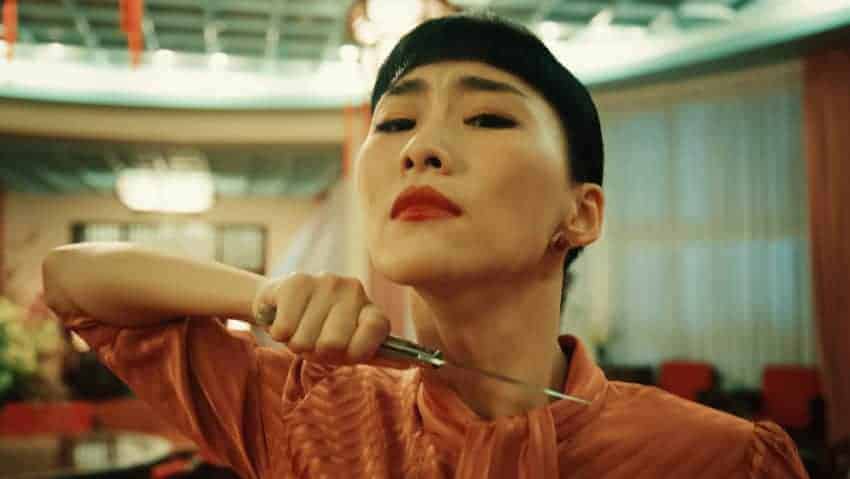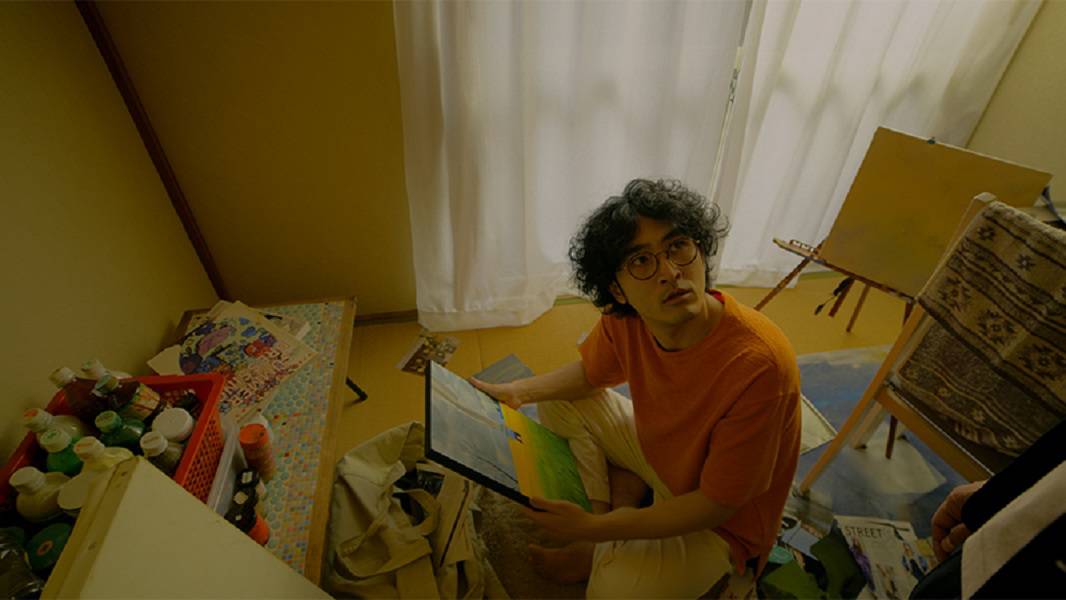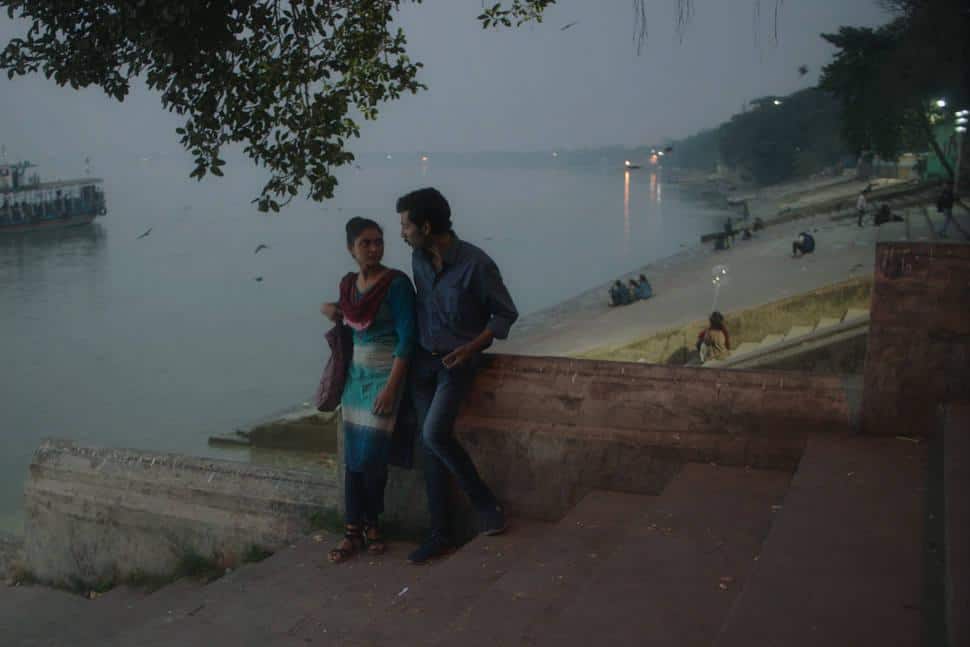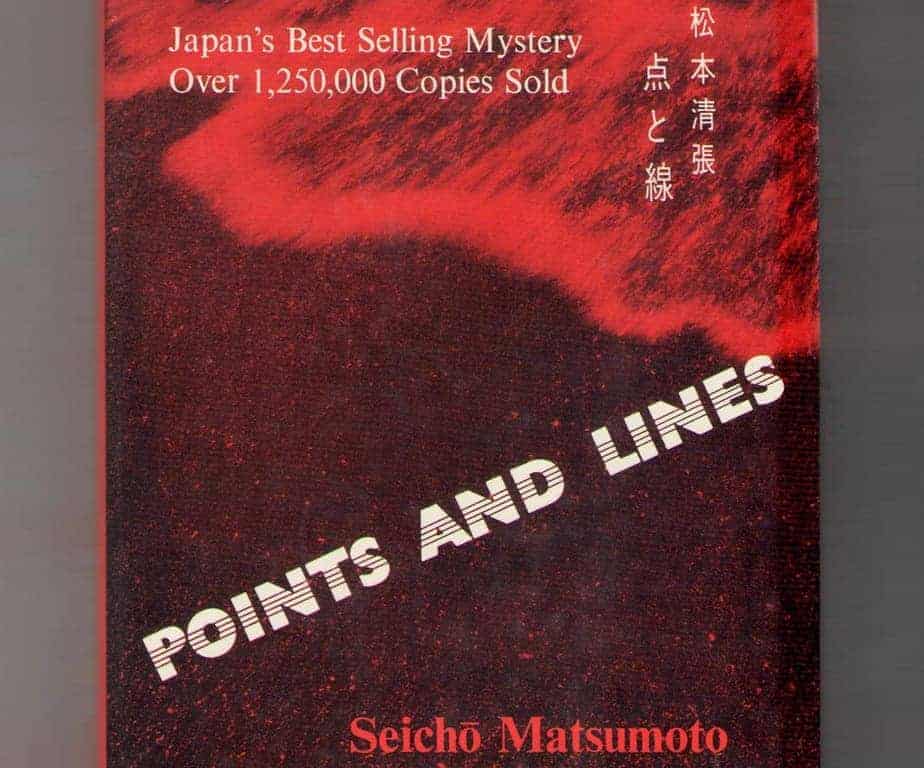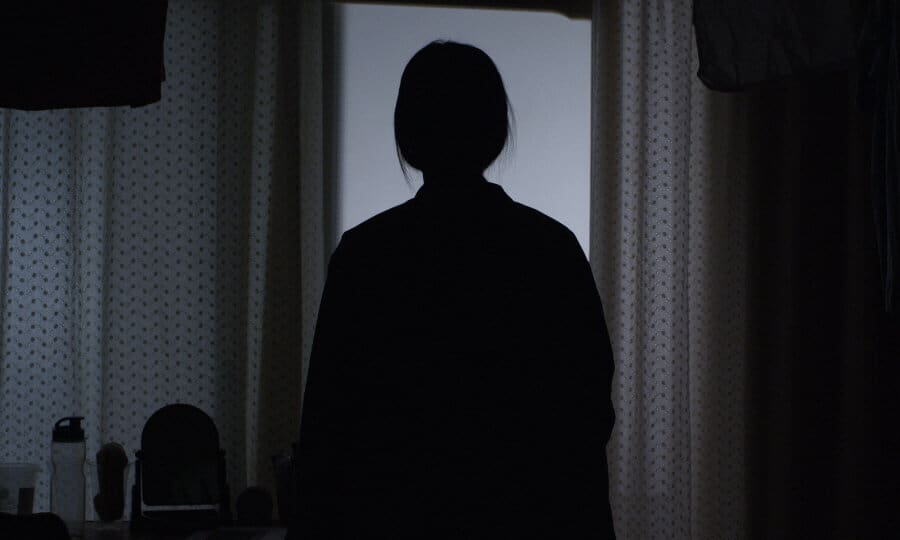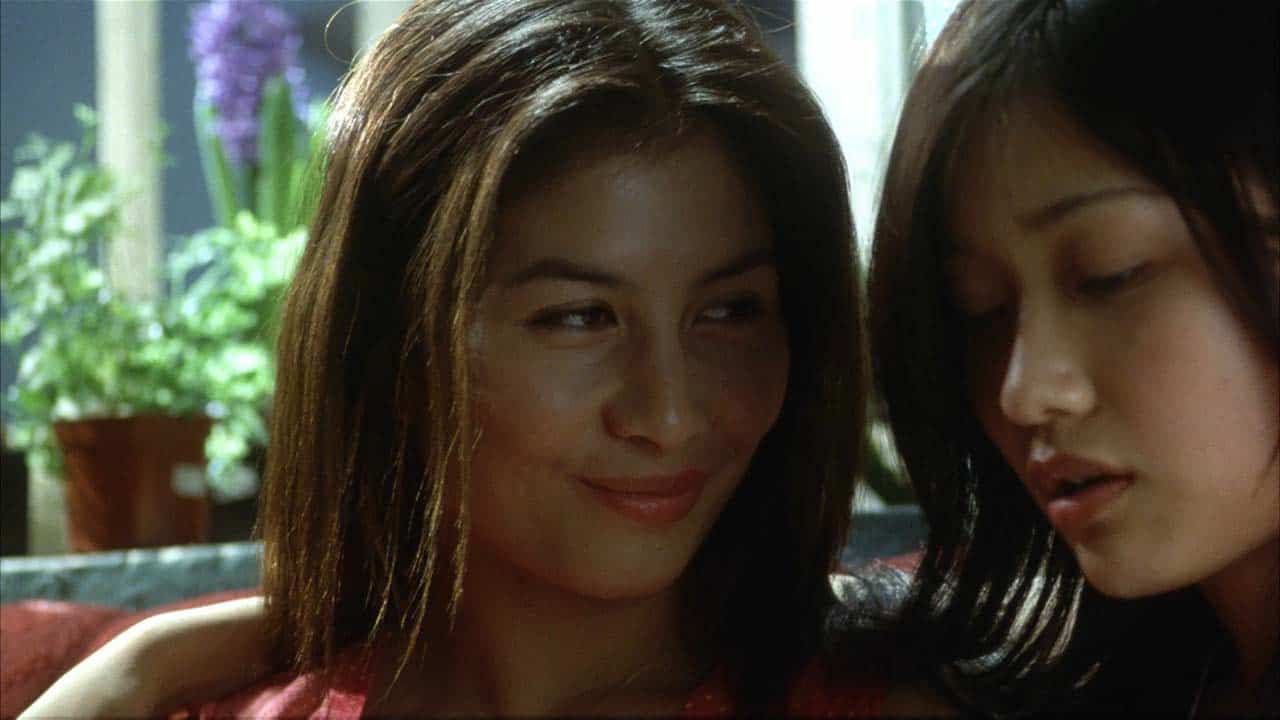Midi Z has established himself as one of the most unique and original voices of Sinophone cinema. “Nina Wu” however, which was written mostly by the protagonist Wu Ke-xi who was inspired by her own experiences in the industry, the Harvey Weinstein scandal and the #MeToo movement, is his most impressive, (and most accessible) by far. Let us see if it also did well contextually.
“Nina Wu” is screening at Five Flavours
Nina Wu is a woman in her mid-30s who has left her small theatre company in the country to become a cinema actress. However, after 8 years, the only thing she has to show is some roles in short films (Wu Ke-xi also started in theater and has starred in a number of shorts), and some cameos in bigger ones. Furthermore, she has no social life and suffers from some minor mental issues, which seem to be hereditary from her father. Eventually, however, her manager gets a leading role in a big movie, a spy thriller set during the Cold War. However, the role includes full nudity and a number of sex scenes, something that makes her reluctant, but after her manager's “micromanaging” she accepts to do the audition. All go well (although the director's initial reaction in the audition points towards something else) and Nina dedicates herself fully to the movie. Apart from the sex scenes, however, she has to face an abusive to the point of violent director, whose demands, occasionally border on the ridiculous, with the concept of the five different emotional statuses she has to feel during a sex scene being a prominent example.
Despite all these obstacles, Nina manages to give a great performance and her road to stardom begins. At that point though, and facing the challenges of fame, her psychology starts to crumble and she finds herself returning to her hometown, where the factory her father was running has declared bankruptcy. Her meeting with Kiki, a childhood more-than-a-friend who never left her thoughts, triggers some unfulfilled emotions and the whole thing eventually comes crashing onto Nina, as her grip to reality becomes thinner and thinner. At the same time, a suppressed memory having something to do with an audition for the producer seems to play the most crucial role in her deteriorating mental state.

Midi Z directs a film that unfolds in a style much like “Black Swan”, particularly regarding the descent into madness and the role family (although in Aronofsky's film it is the mother's behaviour while here the father's mental condition) and the “rules” of the entertainment industry play in this descent. However, his and Wu Ke-xi's comments definitely go much further. Evidently, the focus is on the women actors as represented by Nina Wu, who has to endure behaviour from men that begins from abuse (verbal and physical) and ends up in pure violence. The fact that she has to suppress the awful memories, and the consequences of when the suppression begins to fail, speak volumes about the impact practices like those have on women.
Furthermore, and apart from the “Black Swan” elements, there also a couple of other Hollywood movies referenced, which again focus on Weinstein and the #MeToo movement. In that fashion, during her press conference, Nina Wu mentions being an extra in Luc Besson's “Lucy”, with the French director being the subject of multiple accusations of sexual violence and rape while the room Nina is afraid of is 1408, the title of one of Harvey Weinstein's produced films (source: variety.com).

Some issues do exist with the narrative, however. The presentation of Nina losing her grip to reality, and the subsequent blurring of what is real and what fantasy could be done a bit better, although one could also say that the resulting confusion for the viewer is part of Midi Z's purpose, in order to make the audience feel like his protagonist, at least partially. Secondly, the secondary arc of Nina's family, may serve as a reasoning for her mental situation and the role Kiki plays in her life, but in general, and at least for the most part, looks unnecessary and slightly out of context, even aesthetically.
On the other hand, and talking about aesthetics, “Nina Wu” is truly masterful. The work done by Florian J.E. Zinke in the cinematography is impressive, with his camera capturing each scene with meaningful artistry, while the images presented also benefit the most by Kuo Chih-da's production design. The various shades of red that dominate a number of images work extremely well, and the combination of all the aforementioned leads to compositions that one can only admire.
Wu Ke-xi gives an equally great performance in a very demanding part, which, apart from the “film-within-film” aspect, also has her depicting a number of, almost constantly changing, negative psychological statues. Her vulnerability and the continuous confusion, which occasionally become resolve, anger or even hate are presented impeccably. Her performance also benefits the most by her impressive face, that reminded me of the masks used in Greek ancient theatre on a number of scenes, while the way Zinke shot her, occasionally in a style that made the camera seem as if chasing her, highlights her performance even more.
Some faults in the narrative do exist in “Nina Wu” and one could say that her preexisting condition somewhat tones down the accusations the film makes, but in the end, those are but details and the end result is impressive, both contextually and visually.


